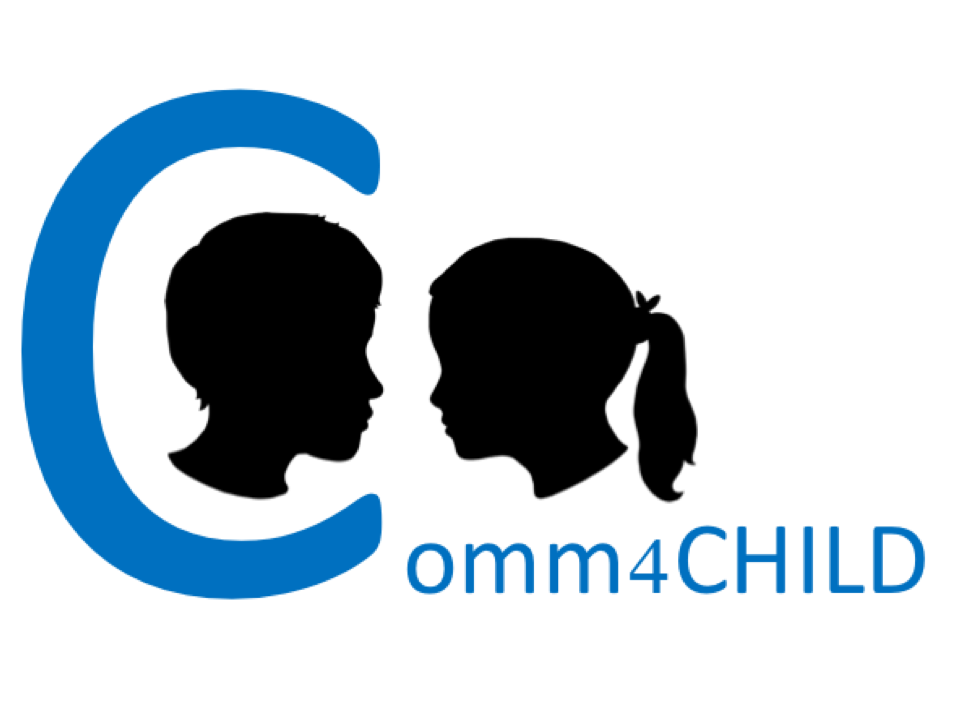2 Early Stage Researchers (PhD positions) available at the KU Leuven within the EU Horizon 2020 MSCA-ITN Project “comm4CHILD” (860755)
Research field: Neurosciences, Psychological sciences, Audiology, Biomedical Engineering Supervision: Astrid Van Wieringen and Jan Wouters (ExpORL, Dept Neurosciences, KU Leuven, Belgium) https://exporl.med.kuleuven.be/web/index.php/Public:Main_Page Application deadline: June 30th, 2020 Duration: 4 years Starting date: October 2020 Research project of ESR1: Restoring binaural hearing in children with single sided deafness The goal of this research project is to investigate the cortical reorganization of children with single sided deafness (SSD) following intervention with a cochlear implant (SSD-CI), compared to a group of children with SSD but not fitted with a CI (SSD-noCI) and a group of children with normal hearing. SSD significantly affects cortical symmetry, as it results in an increased dominant representation of the normal ear compared to the deaf ear. However, research shows that early intervention in children with SSD can restore the hemispheric representations of bilateral auditory input in the auditory cortex. Using EEG-based objective measures, we will investigate the binaural restoration at the subcortical and cortical level of the auditory pathway in children who are four years and older. Neural activity captured by the multi-channel EEG will be used to construct functional network models of cortical processes. Research project of ESR7: Improving integration of audio-visual speech cues in children with hearing impairment The goal of this project is to research the variability in listening performance in children with hearing impairment (HI) using AVATAR (Audio-Visual True-to-life Assessment of Auditory Rehabilitation) and other behavioral measures. This true-to-life model for everyday real-life listening conditions (entailing auditory, visual and cognitive cues) allows to research the challenges persons with HI encounter. The candidate will first focus on expanding the paradigm (for example by including multiple speakers, eye-tracking, reaction time ...). Subsequently, different research questions will be examined, e.g. the extent to which young children with different degrees of HI are capable of integrating sensory and cognitive cues in multi-tasking and multi-modal situations. This research will provide an in-depth understanding of the auditory/visual/cognitive interactions in speech perception in young children and guide auditory rehabilitation to the individual needs of the child. Your profile: - Master degree in audiology, biomedical engineering, neuroscience, psychology, or related field - Profound interest in science - Experience with electrophysiological data is an asset - Good verbal skills Dutch (for the children) - Good verbal and written communication skills in English - Interested to learn within an international network, spend secondments in a partner country, attend network-wide training events and conferences - Keen interest in signal in statistics (R) - ESR1: Keen interest in signal processing (CI, artefacts), matlab - ESR1: Keen interest to (learn to) work with the neuroimaging toolbox Brainstorm - ESR7: Keen interest in the technical aspects related to the paradigm (e.g. eye-tracking) We offer: A highly dynamic interdisciplinary research environment in Europe’s most innovative university. The European funding will cover the 3 years of a full-time PhD (3 270 € monthly gross salary including employer and employee deductions and taxes) in Belgium, plus 600 € per month as Mobility Allowance and if entitled Family benefits. A 4th year will be provided to the successful candidate to complete the doctorate. How to apply? Interested candidates should submit : 1. a cover letter describing their background, research experiences, interests, and goals, 2. a curriculum vitae, 3. at least one letter of recommendation from previous research supervisors, 4. a copy of diploma (with the university transcripts), to astrid.vanwieringen@kuleuven.be



